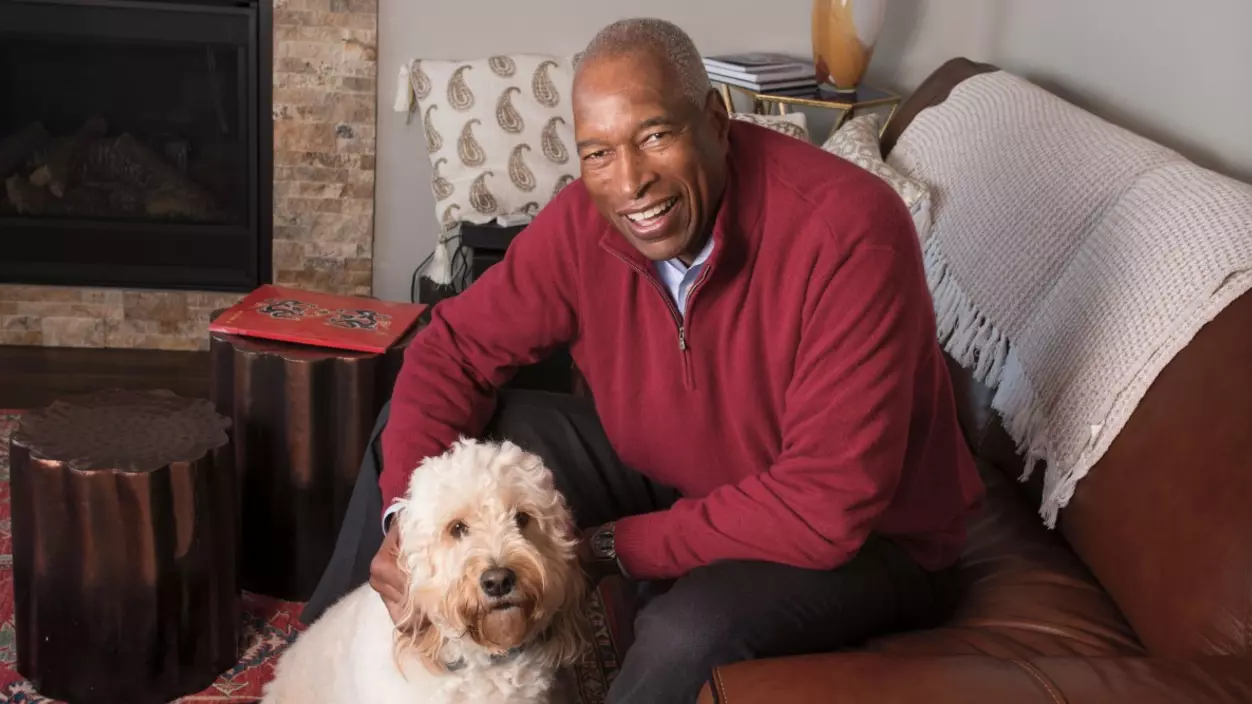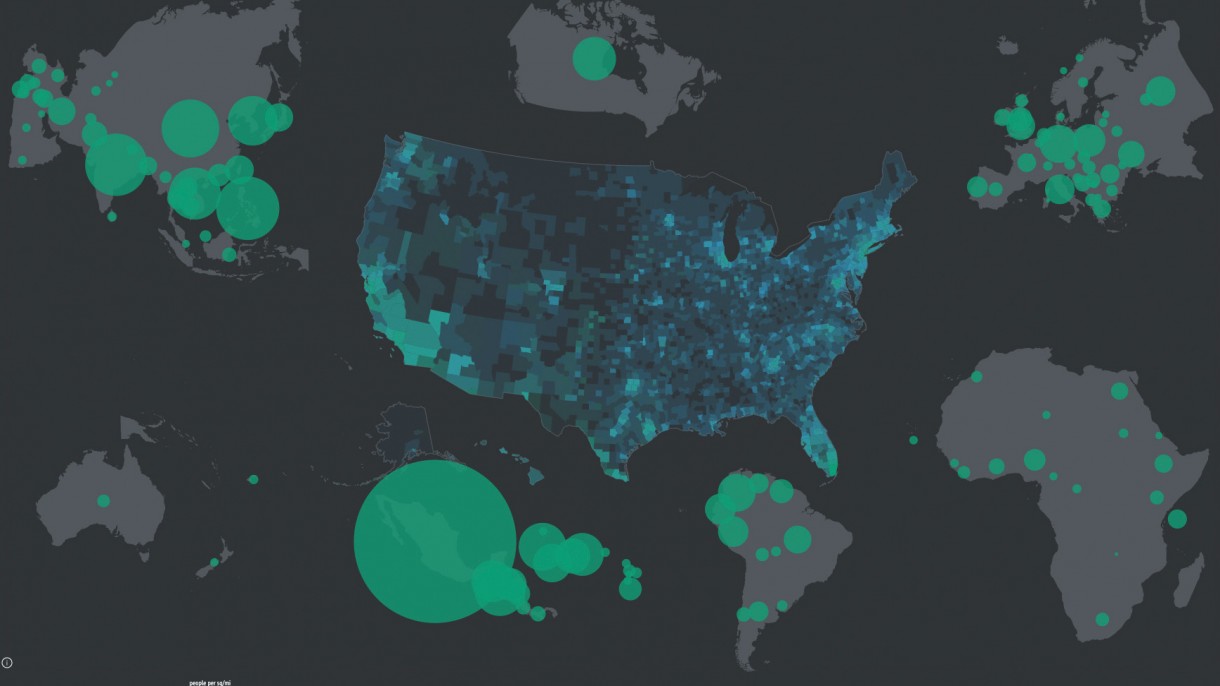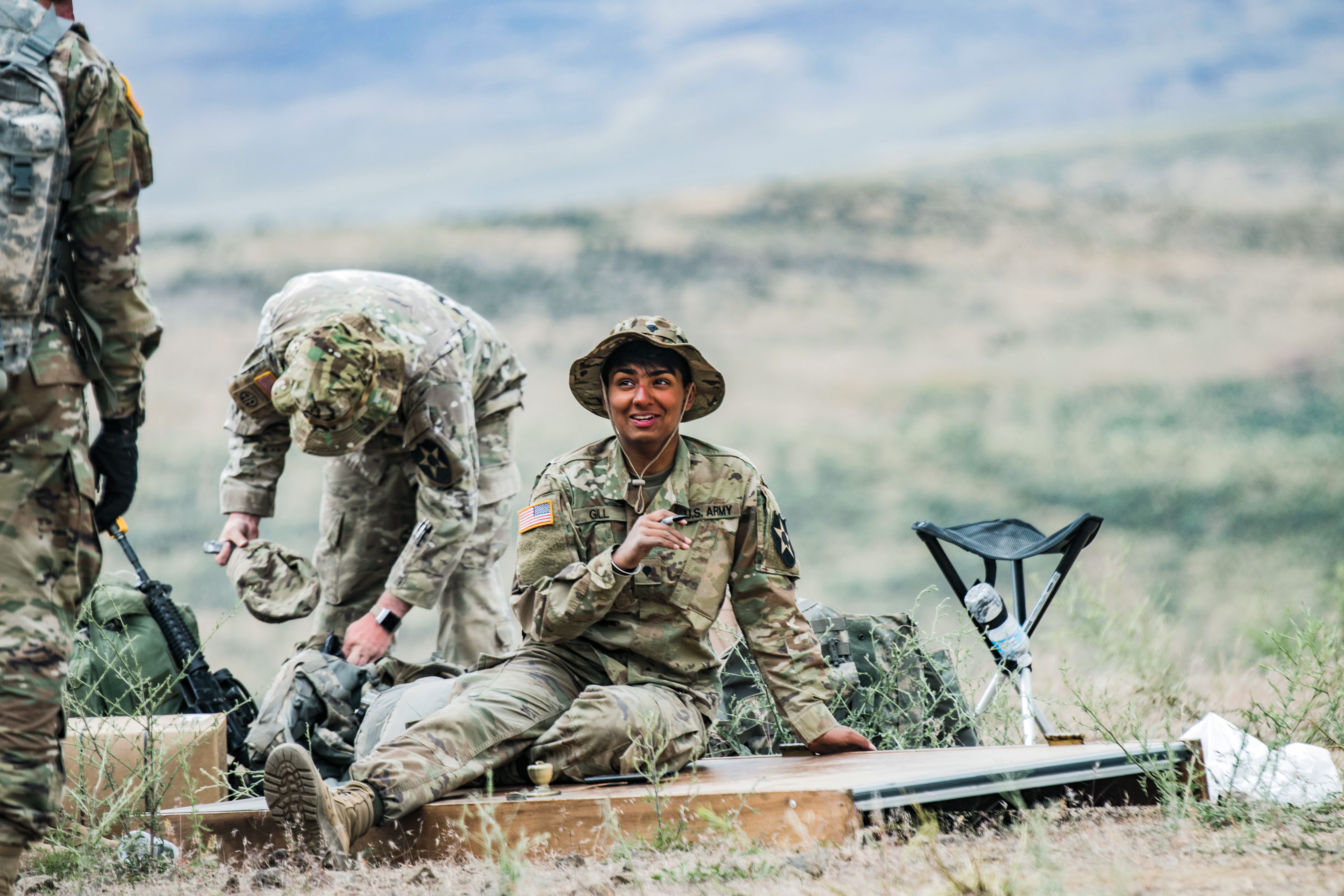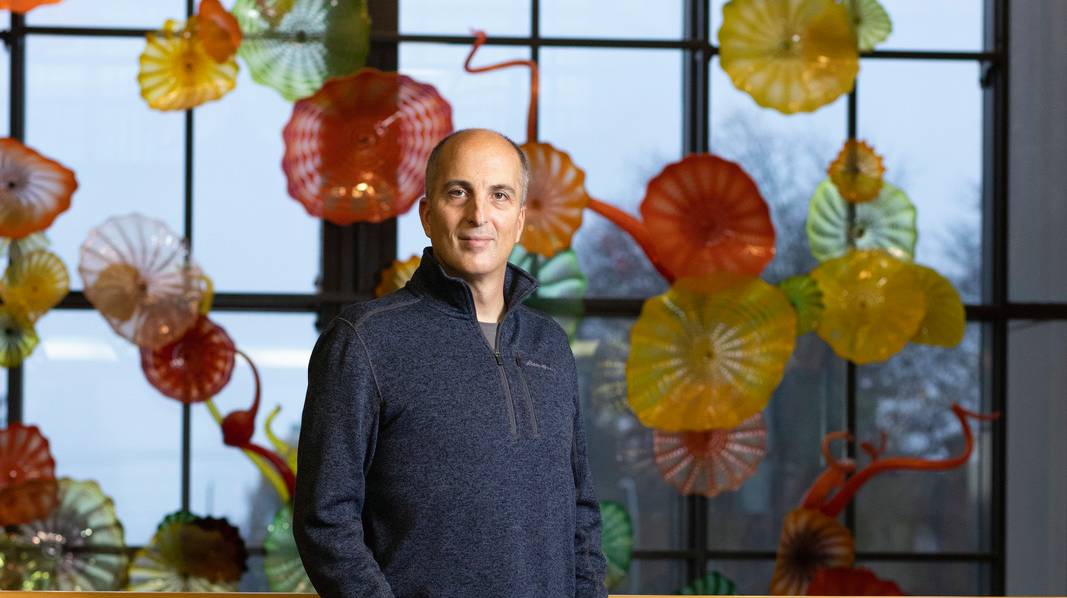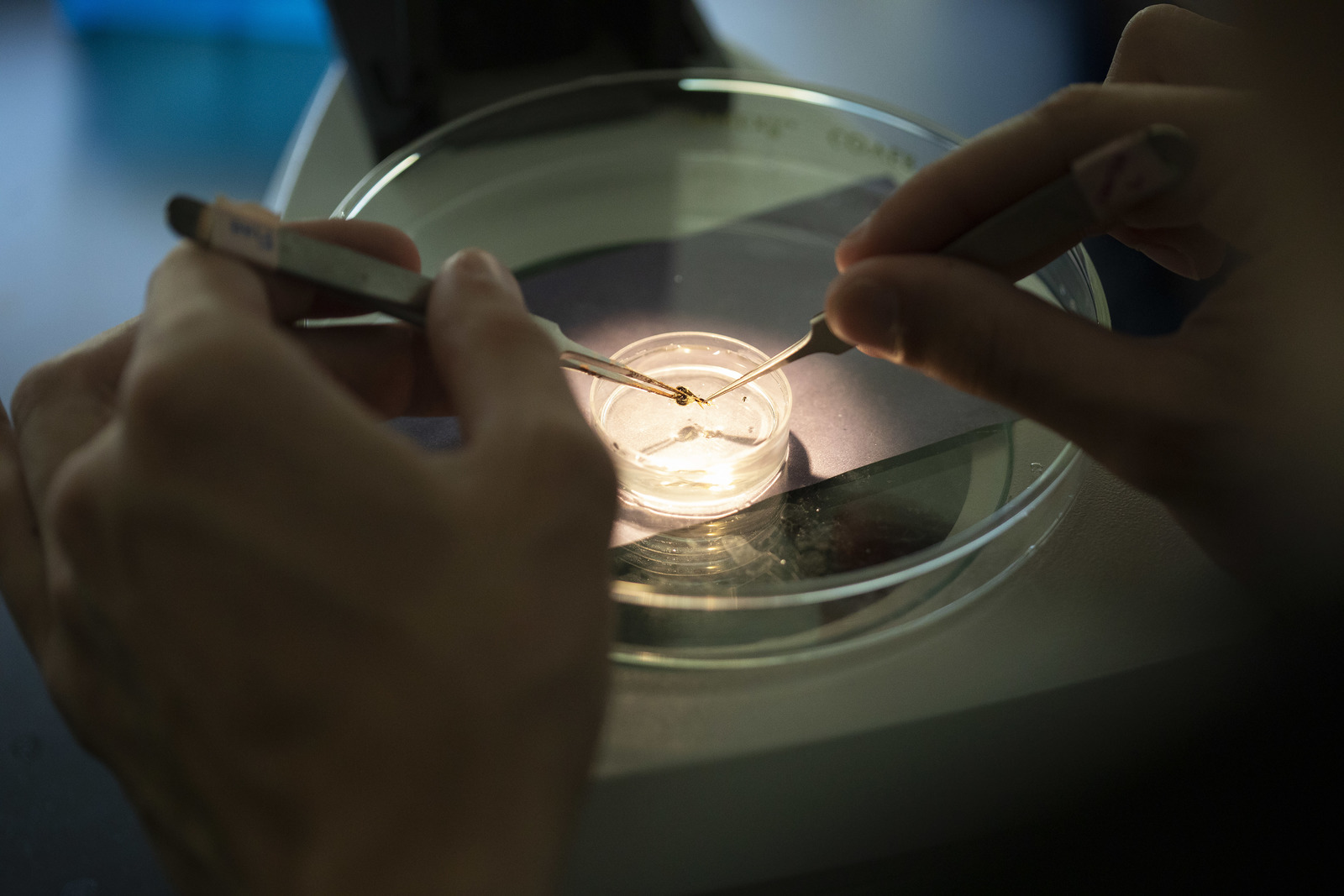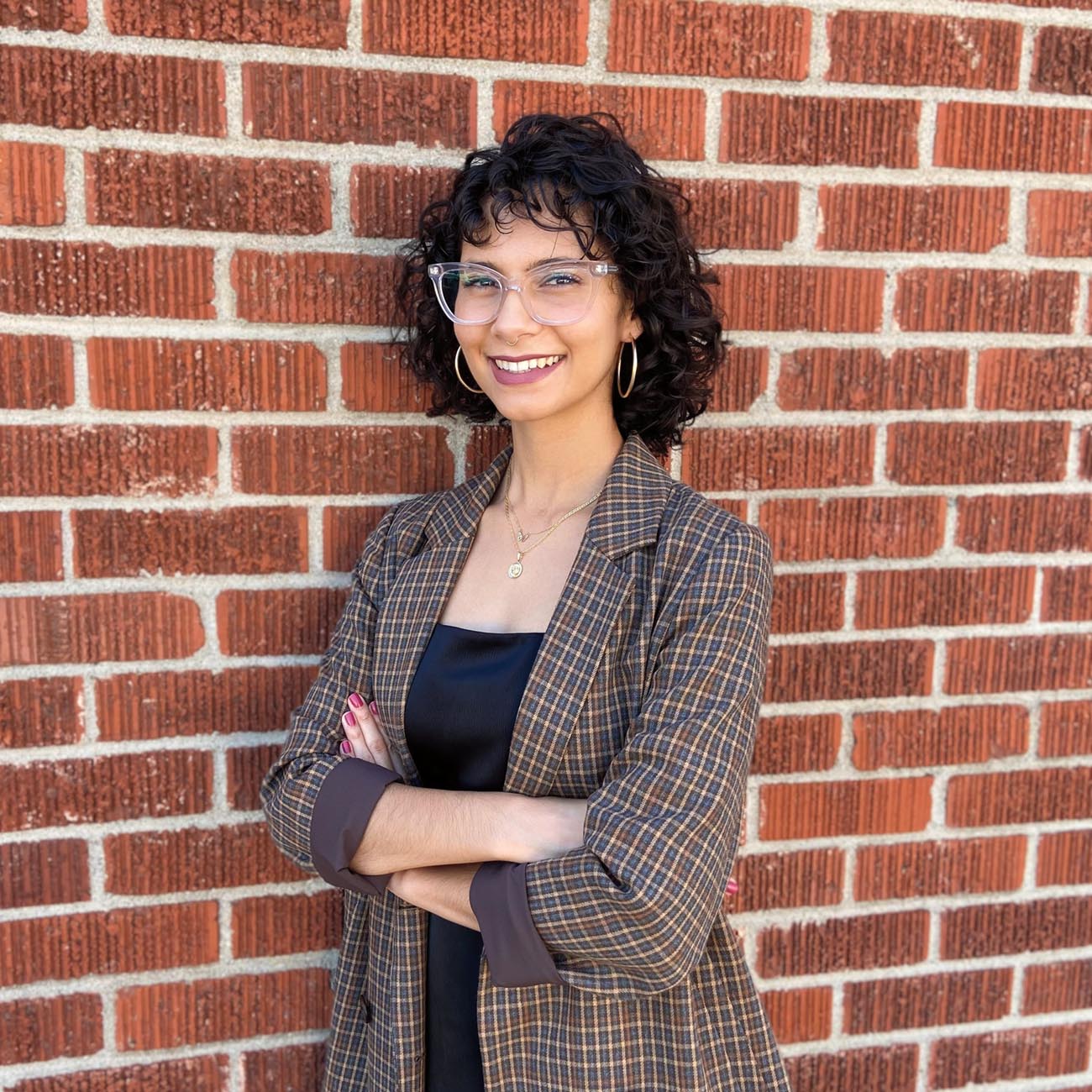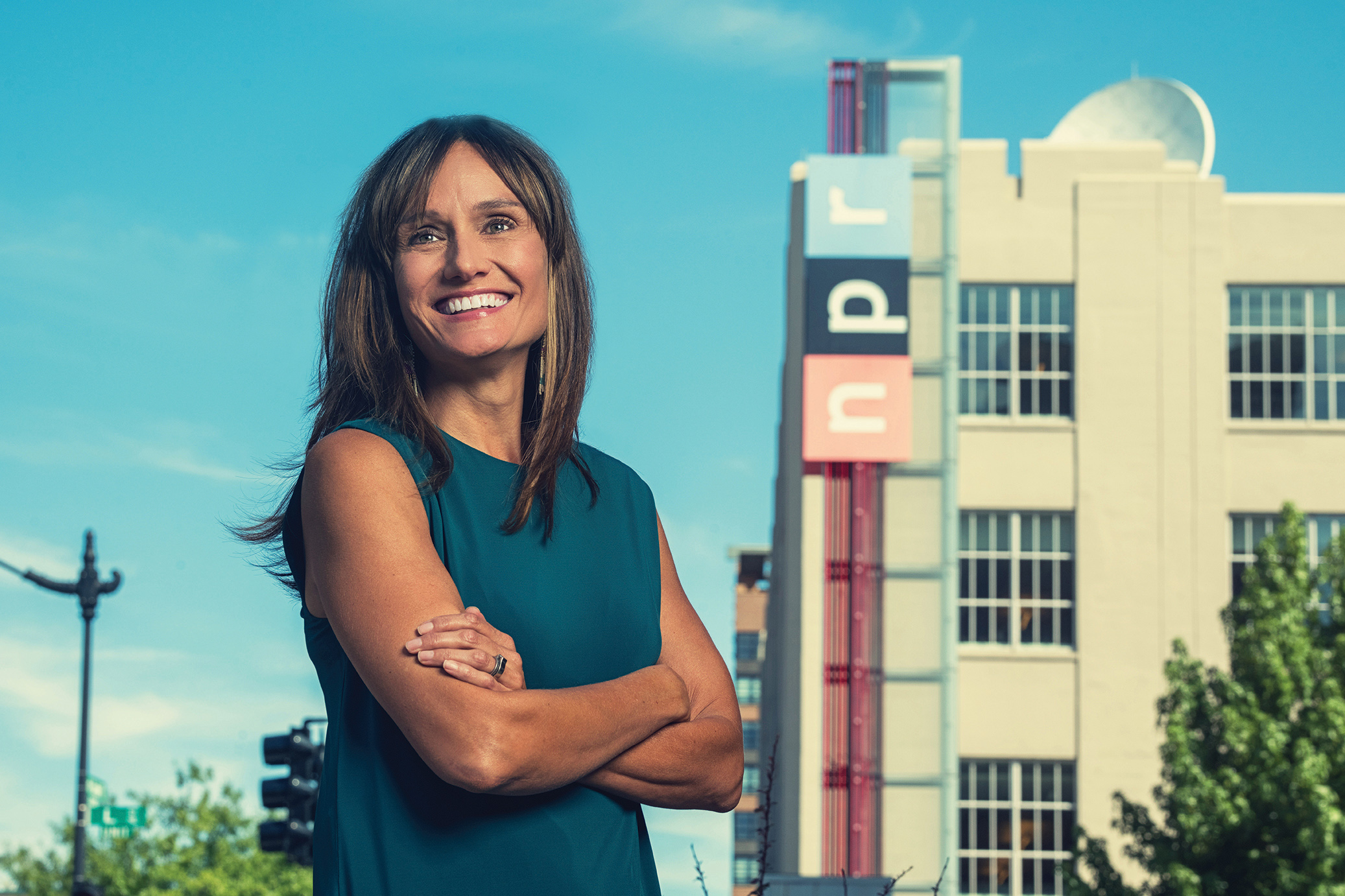Edward spent his 44-year career paving the way for those who came after him—and making sure they’d have the tools they’d need to succeed along the way.
Being a role model came naturally to Edward, and while stationed at Little Rock Air Force Base in 1973, he discovered another way to make a difference. He began volunteering with the organization then known as Big Brothers (now Big Brothers Big Sisters) and was paired with his first “Little,” a kid in need of a mentor, confidant, counselor, and friend. Once or twice a week, Edward would take his Little to ball games or museums, explore the Air Force base, work on homework, or just hang out.
Edward welcomed the chance to make a positive impact. “If you can make a difference in the life of one kid, it’s worth all the effort that you put into it,” he says. He went on to mentor hundreds of kids, serve on the Big Brothers of Pulaski County board of directors, and eventually get involved with the organization at the national level.
Being a pilot meant moving around a lot. In each new city, Edward mentored new Littles. In Hawai`i, he took them hiking and camping. In Kentucky, he got season tickets to basketball games. In Chicago, he participated in career days. Edward fondly remembers receiving an email from a Chicago teacher who tracked him down years after he spoke in her classroom to let him know he had inspired one of her students to pursue a career in aviation—and that the young man was now a commuter pilot.
Edward credits his mom for much of his desire to help and inspire others. “She was one of the first black elementary school teachers in the Tacoma school district, and she was always involved in doing things within the community,” he says. Many of the experiences she exposed him to as a child, such as Little League baseball, Boy Scouts, and the school band, taught Edward the value of supporting others, and he has continually sought opportunities to share that lesson and pay it forward.
Early in his career, Edward became involved in the Organization of Black Aerospace Professionals (OBAP), a nonprofit dedicated to the encouragement and advancement of minority pilots in aviation. As one of the group’s founding members, he helped organize OBAP conventions and served for several years on the organization’s board of directors, being inducted into the OBAP Hall of Fame in 2012. He helped launch the Aviation Career Experience (ACE) summer camp program for middle and high school students, and in 2006, established a scholarship to aid young aviators in continuing their education and training.
“The culmination of that is when you’re at a national convention and a young man or young lady comes up to you and says, ‘Oh, Captain Horne, you probably don’t remember me, but I was awarded your scholarship, and now I’m a captain.’ That’s just an awesome feeling,” he says.
Edward retired in 2013 and recently moved back to the Pacific Northwest. He’s been back to campus, too. A longtime volunteer with the alumni office and a member of the Logger basketball team from 1966 to 1970, he’s teaming up with fellow Logger Don Pulisevich ’68 and Athletic Director Amy Hackett to bolster the “green and gold era” athletic history on campus.
He’s settling in. And pretty soon, he says, he’ll sign up to be a Big Brother once again.
